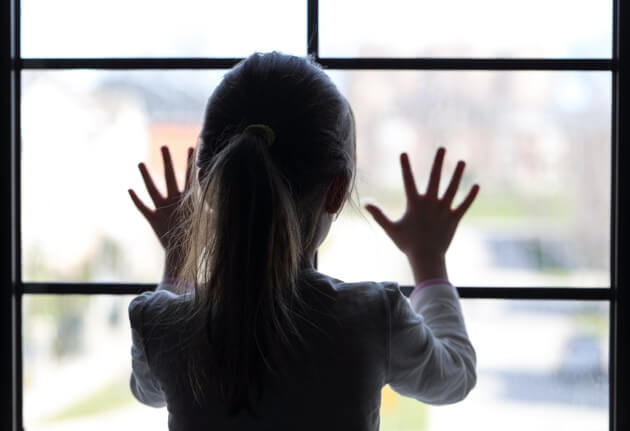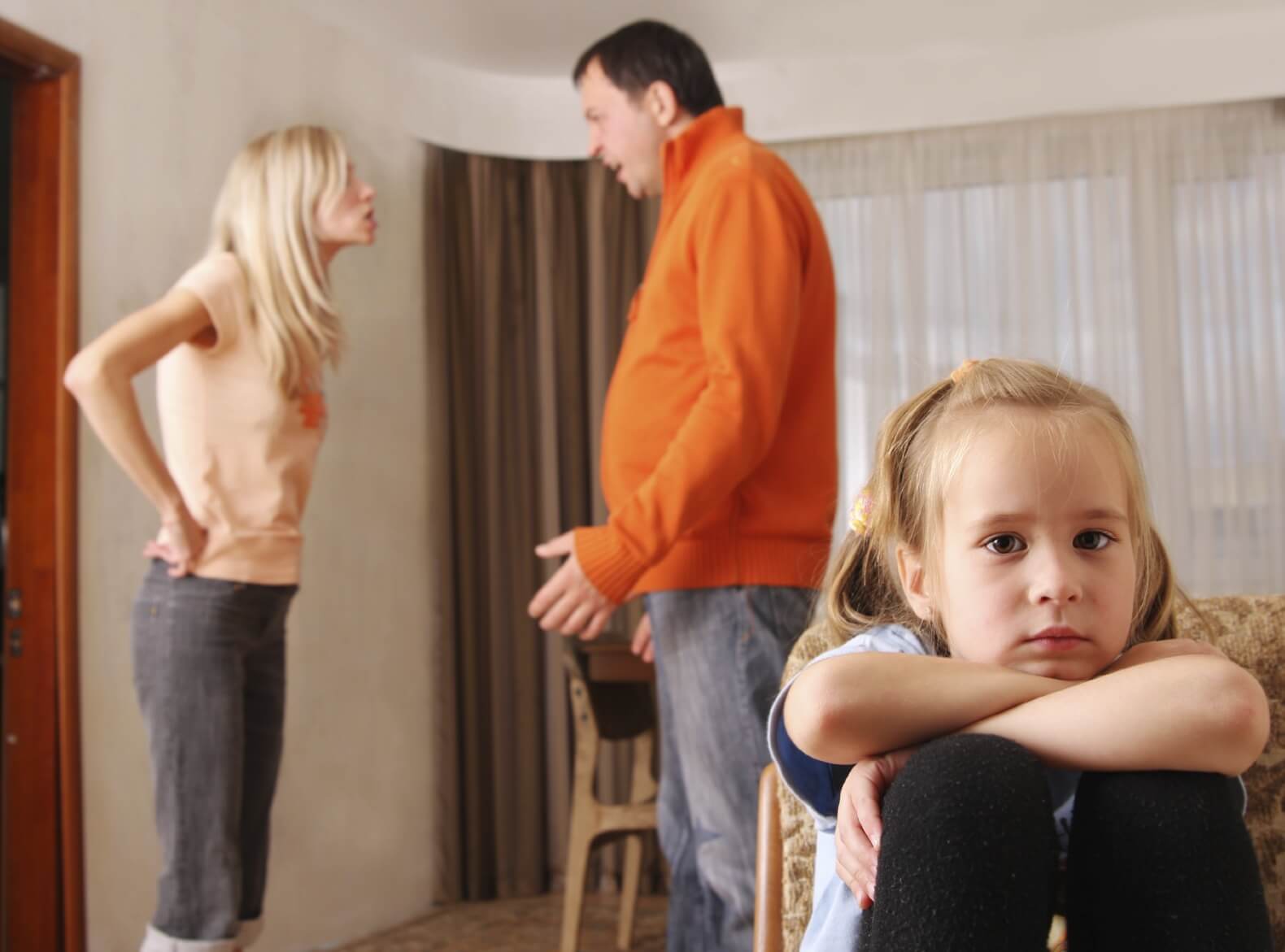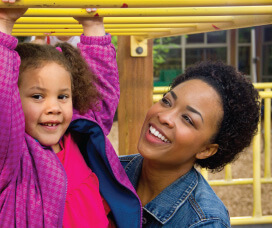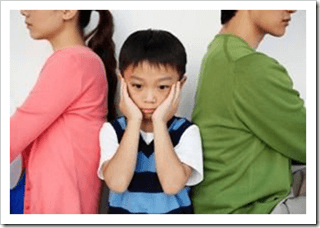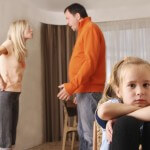Parental Alienation and Divorce Conflict...
By Rosalind Sedacca, CDC It’s all too common to find parents who rage about their ex after the divorce. This usually includes venting about the other parent’s parenting skills. The results can be devastating. We all know divorce conflicts between parents can get ugly. But too often we forget the effects, not only on the “targeted” parent. Disrespectful words, actions and decisions take their toll on your innocent children! This becomes a form of parental alienation. PA is a serious and complex set of behaviors. They are designed to win the favor of one parent against the other. In most cases, that parent feels fully justified in their behaviors. They refuse to see or acknowledge the harm in the alienation. When kids get caught in the middle ... Of course, the biggest consequence is that the children get caught in the middle. They are often confused by hurtful and disrespectful





